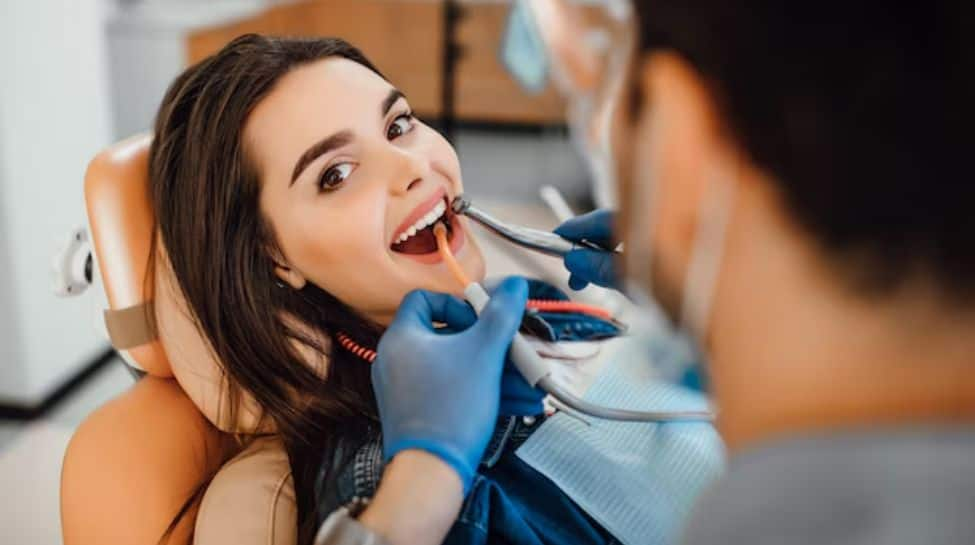Ever noticed your gums feeling puffier or your mouth extra sensitive around your period? It’s not your imagination! Hormones play a surprising role in our oral health, and fluctuations throughout life can have a noticeable impact. The good news is that with a little understanding and some simple tweaks, you can keep your smile sparkling even when your hormones are on a roller coaster.
During pregnancy, there is a surge in hormones such as estrogen and progesterone which make your gums more susceptible to inflammation. This can lead to gingivitis, also known as pregnancy gingivitis, causing swollen, tender, and sometimes bleeding gums. Don’t worry, this is usually temporary and resolves after childbirth. However, it’s a sign to step up your oral hygiene game!
Monthly hormonal shifts during menstruation can also bring on similar symptoms. You might experience some gum sensitivity or develop canker sores, those pesky little mouth ulcers. These are usually short-lived, but if they become severe or frequent, let your dentist know.
Now, let’s talk about menopause. The dramatic drop in estrogen during this time can affect your mouth in several ways. Dry mouth, a condition where your mouth doesn’t produce enough saliva, becomes more common. Saliva plays a vital role in washing away bacteria and keeping your mouth healthy, so dryness can increase your risk of cavities. Additionally, some women might experience bone loss in the jaw, which can affect the stability of their teeth.
So, what can you do to keep your smile healthy amidst these hormonal shifts? Here are some useful tips shared by Dr Chaitali Doshi, BDS, PGCE, Partner at Beaming Smiles Dental Clinic:
Brushing and Flossing: This might seem obvious, but it’s crucial. Brushing twice a day for two minutes and flossing daily removes plaque, the main culprit behind gingivitis and cavities. Be gentle with your gums, though, especially during times of heightened sensitivity.
Diet: Sugary foods and drinks feed the plaque bacteria, so limiting them is key. Opt for water throughout the day to stay hydrated and help with dry mouth.
Regular Dental Checkups: Schedule regular dental cleanings and checkups with your dentist. They can monitor your oral health for any changes and provide personalized advice based on your specific needs.
Dry Mouth Relief: If you experience dry mouth, consult your dentist as they can prescribe mouthwash and lozenges for improving the saliva flow.
Remember, communication is key. Let your dentist know about any hormonal changes you’re experiencing and any oral symptoms you notice. They can tailor your treatment plan and offer additional guidance.

